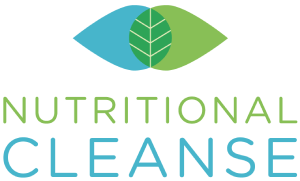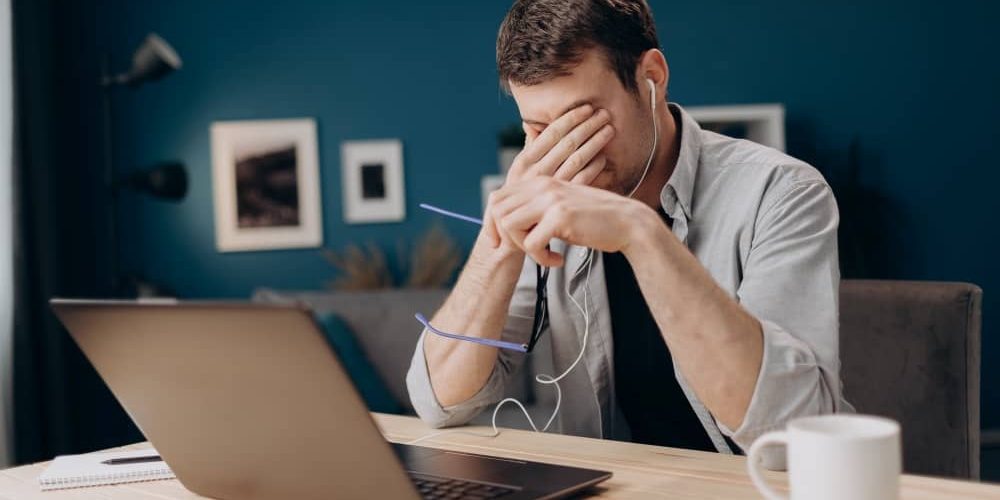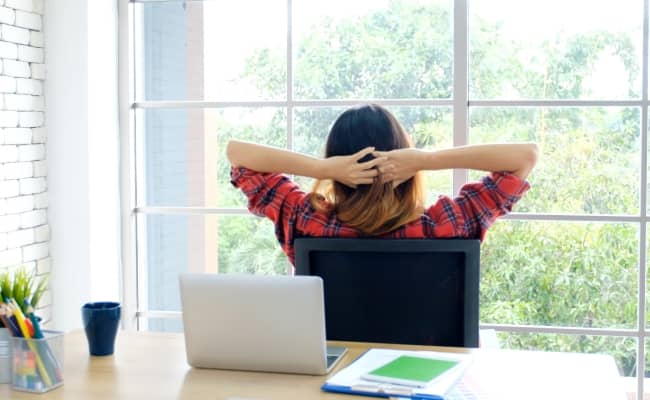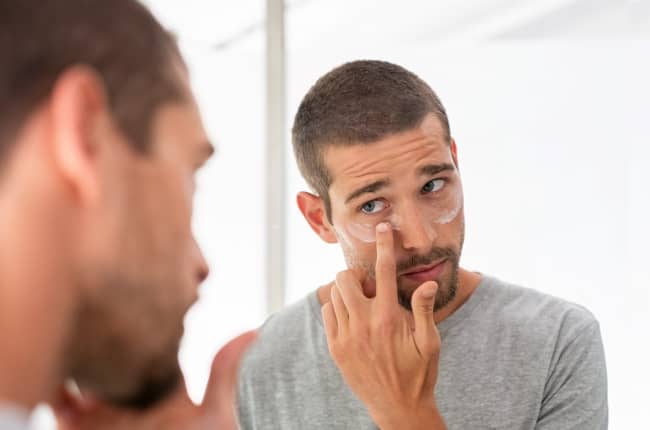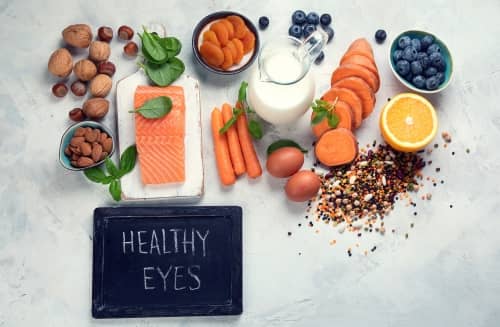How To Relieve Tired Eyes
“You look tired”.
Whether you had a terrible night of sleep or got a full 8 hours, that phrase is never fun to hear.
If you’ve noticed your eyes feel heavy and tired all the time, you may be experiencing eye strain or eye fatigue.
Fortunately, the right products and preventative tips can help you reduce eye strain and fatigue and get back to feeling and looking refreshed.
What Causes Tired Eyes?
Asking yourself, “why do my eyes feel tired?” may mean you’re experiencing eye strain or eye fatigue.
A variety of causes can make eyes feel tired or look tired, including:
- Allergies
- Digital eye strain (staring at a laptop, TV screen, or smartphone for extended periods)
- Intense vision use (i.e. driving long distances)
- Lack of sleep
- An uncorrected eye problem
- Chronic stress
- Reading or writing without enough rest breaks for your eyes
- Exposure to dry moving air (an air conditioning system, heating system, or a fan)
- Straining your eyes to see in light that is too dim or too bright
Symptoms of Tired Eyes
Tired eyes can decrease your productivity and make it difficult to get through your daily tasks. If you experience any of these symptoms regularly, you may be dealing with tired eyes or eye strain:
- Soreness or irritation of the eyes
- Difficulty focusing
- Increased light sensitivity (photophobia)
- Puffy eyes
- Watery or dry eyes
- Pain or tension in your back, shoulders, or neck
- Double vision or blurriness
- Heavy eyes that feel difficult to keep open
- Burning eyes
- A change in vision
- Headaches
How to Relieve Tired Eyes
Here are 8 tips on how to get rid of tired eyes and prevent eye fatigue.
1. Follow the 20-20-20 Rule
If you work in front of a screen all day, an excellent tired eyes remedy to try is the 20-20-20 rule. This rule is simple to remember and can easily be incorporated into your daily routine.
Here are the steps to practice this tired eyes remedy:
- Set a timer to look away from your screen every 20 minutes
- During your break, stare at an object approximately 20 feet away for 20 seconds
- You may also want to take a moment to get up and stretch and blink your eyes a few times
Your work habits play an important role in preventing tired eyes. Try making the following changes to your work environment to see if you notice a reduction in your eye fatigue:
- Use diffuse lighting
- Use glasses that block blue light from screens
- Use an adjustable chair
- Take regular stretch breaks
- Try to position yourself out of the direct flow of air blowing from a fan or air conditioning
3. Try Cool or Warm Compresses
Applying a warm or cool compress over your eyes can be incredibly soothing and help reduce puffiness and irritation.
Depending on the cause of your tired eyes, you may want to use just a warm compress, a cool compress, or a combination of both.
Cool compresses are especially soothing for irritated, swollen eyes (think allergies or puffy eyes from a lack of sleep). The cold from the compress can help reduce puffiness and constrict blood vessels to make your eyes look more awake and refreshed.
Warm compresses are wonderful for sore, fatigued eyes that are strained from overuse. It can also be soothing if you deal with dry eyes. The relaxing warmth of the compress promotes blood flow, increases circulation to support healing, and eases discomfort.
For this tired eyes remedy, simply soak a washcloth or cool or warm water and wring out the excess water. Place the washcloth over your eyes (keep them closed the entire time) for about 5 minutes as you relax and give your eyes a rest.
4. Limit Screen Time
When sitting in front of a screen for an extended length of time, you may blink less than normal. This can lead to eye fatigue, irritation, dry eyes, or eye strain.
Make sure to take regular screen breaks and remind yourself to blink or close your eyes completely for a second or two now and then. You can also try opting for regular phone calls over video calls, playing board games instead of video games, and reading from a regular book rather than using an eReader device such as a Kindle.
It can also be helpful to remember the following rule: the darker the room and the smaller the screen size, the greater the eye strain. When possible, only use screens in a setting that is appropriately lit and opt for larger screen sizes.
5. Use an Eye Cream for Tired Eyes
If your eyes feel tired and heavy all the time, the right eye cream can help fight puffiness and fatigue. Look for an anti-aging eye cream with peptides to firm and fortify the delicate eye area and a metal roller ball to soothe and cool upon application.
Since eye cream gets applied in such a sensitive area, it’s also important to look for a formula that is free of irritants, such as:
- Artificial dyes
- Parabens
- Sulfates
- Phthalates
- Artificial fragrance
6. Adjust Your Computer Screen
Adjusting your computer screen can help prevent eye strain and fatigue. Make sure your computer screen is:
- At a distance of 20 to 26 inches from your eyes
- Placed slightly below eye level
- Equipped with a glare filter
- Free of smudges, fingerprints, or dust (these can create glare issues that increase how hard your eyes have to work to see the screen)
- Able to be adjusted by tilting or swiveling it
7. Follow a Healthy Eye-Care Routine
To help prevent tired eyes, try incorporating these steps into your routine:
- Use artificial tears if needed
- Use a humidifier to combat dry indoor air
- Use an air purifier to help decrease allergens and irritants in your home
- Pay attention to your posture when using your computer or reading (don’t slouch and only use devices sitting up, not lying down)
- Try to avoid rubbing your eyes
- Wash your hands before touching your eyes
- Use anti-glare glasses if you spend long hours in front of a screen
- Make sure you consume enough fluids (drinking enough water is an important part of staying healthy and also keeps the eyes hydrated)
8. Eat a Diet for Healthy Eyes
A balanced diet featuring whole foods, fruits, and vegetables can help support healthy eyes.
Certain foods can support eye health with vitamin A, vitamin C, vitamin D, lutein, antioxidants, and zeaxanthin. These critical nutrients nourish the eyes from the inside out and play a role in preventing a variety of eye problems.
Some of the best foods for healthy eyes include:
- Sunflower seeds
- Citrus fruits
- Carrots
- Cantaloupe
- Peaches
- Apricots
- Tomatoes
- Strawberries
- Avocados
- Black-eyed peas, lima beans, kidney beans
- Sweet potatoes
- Eggs
- Broccoli
- Raw Red Peppers
- Almonds
- Dark leafy greens such as kale and spinach
- Wild caught salmon, sardines, tuna, trout
- Lean red meat
- Oysters
Seek Out a Professional If Tired Eye Symptoms Continue
If your tired eyes won’t go away, consult a professional. An eye doctor can make sure there are no underlying vision issues, make sure any vision prescriptions are up to date, and offer tips on how to relieve tired eyes.
Want More Healthy Living Tips?
We hope you found our suggestions on how to get rid of tired eyes helpful. Our goal is to regularly share healthy living tips and advice to help you get closer to your health and wellness goals.
You are always welcome to reach out to us with any feedback, questions, or personalized product recommendations.

